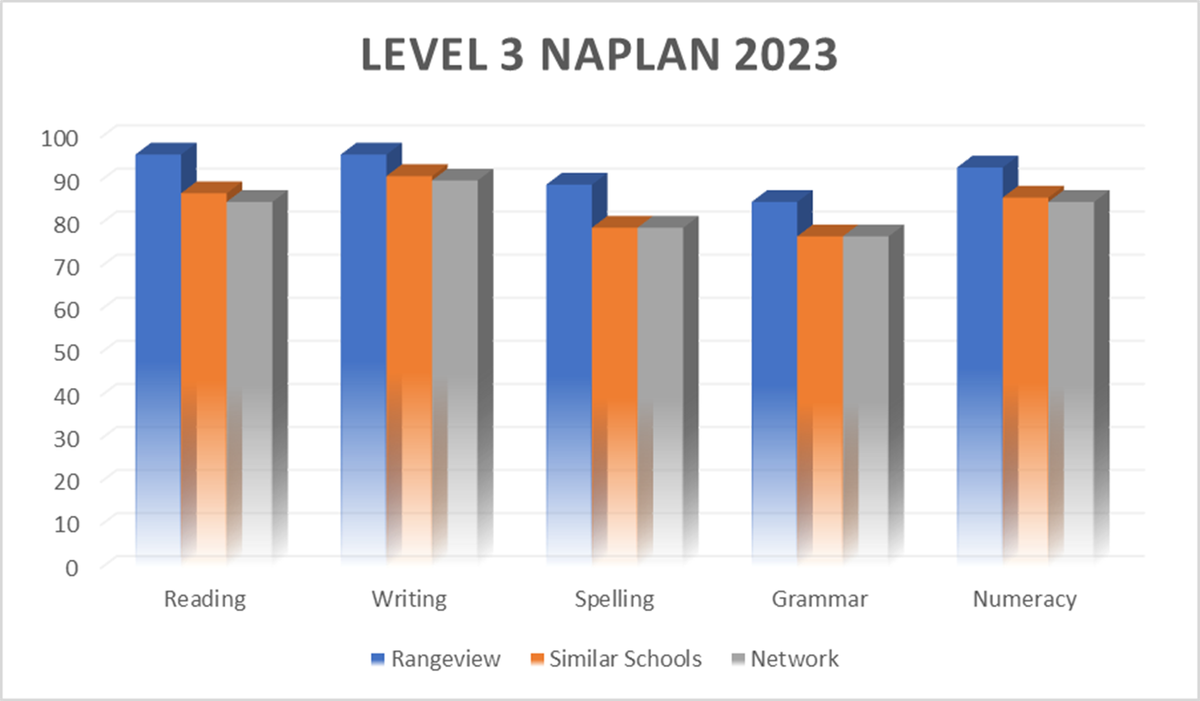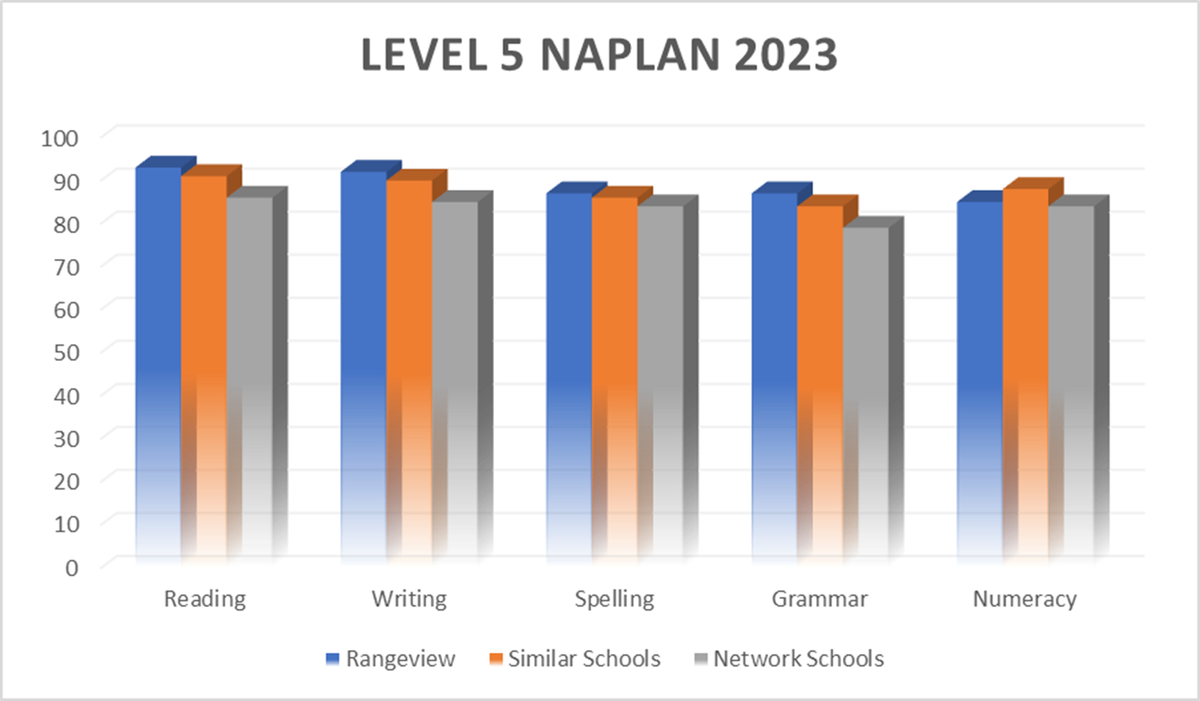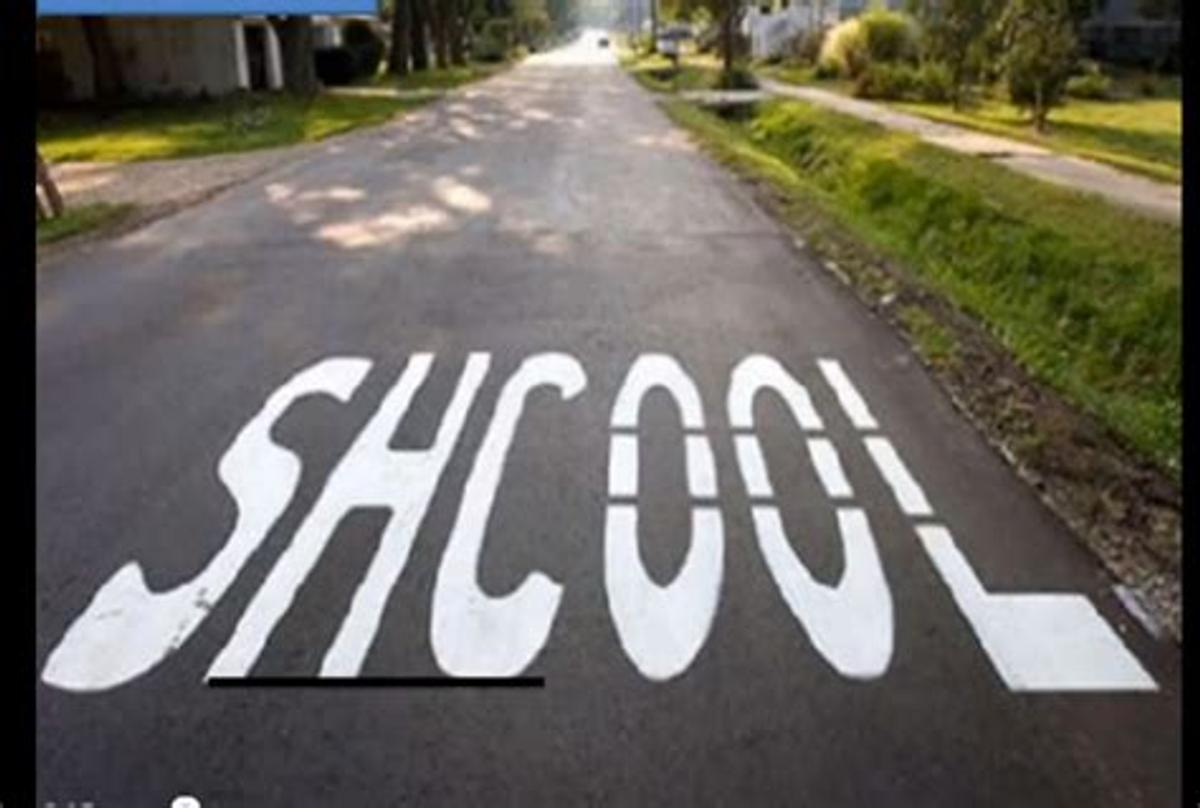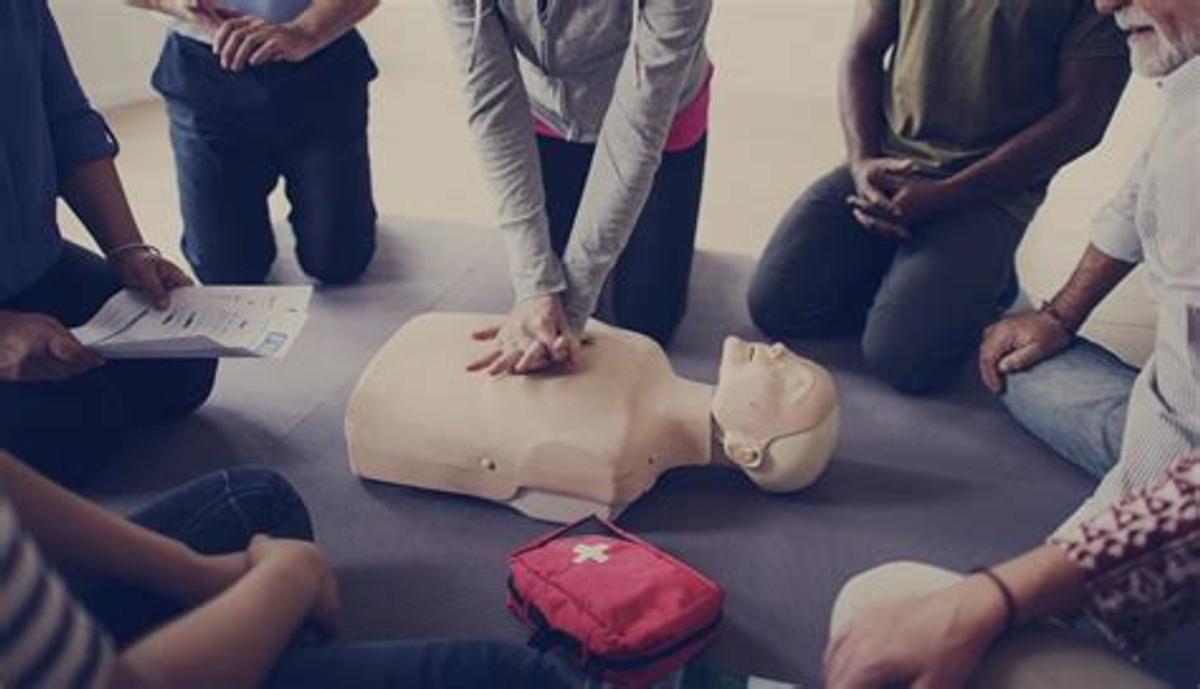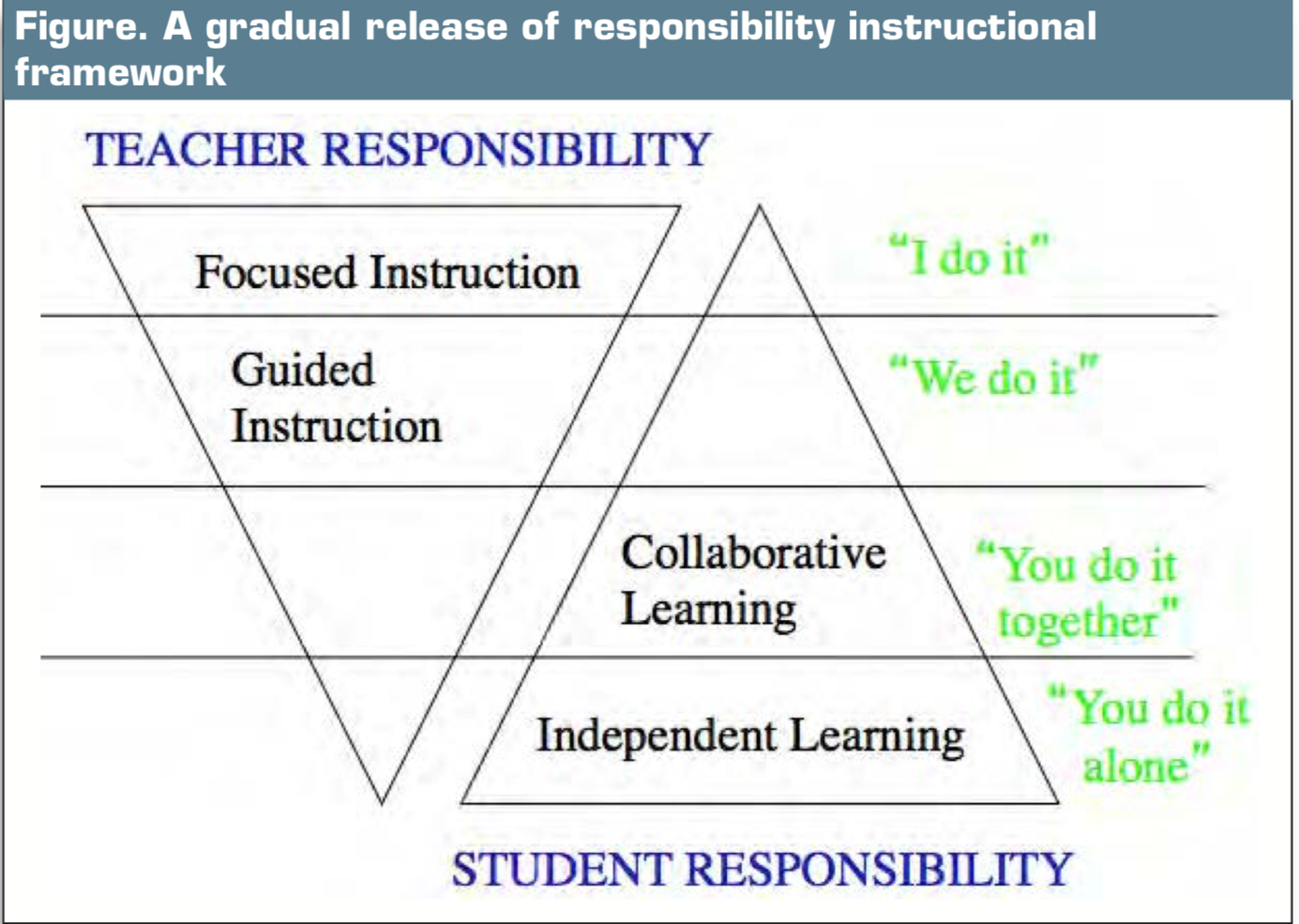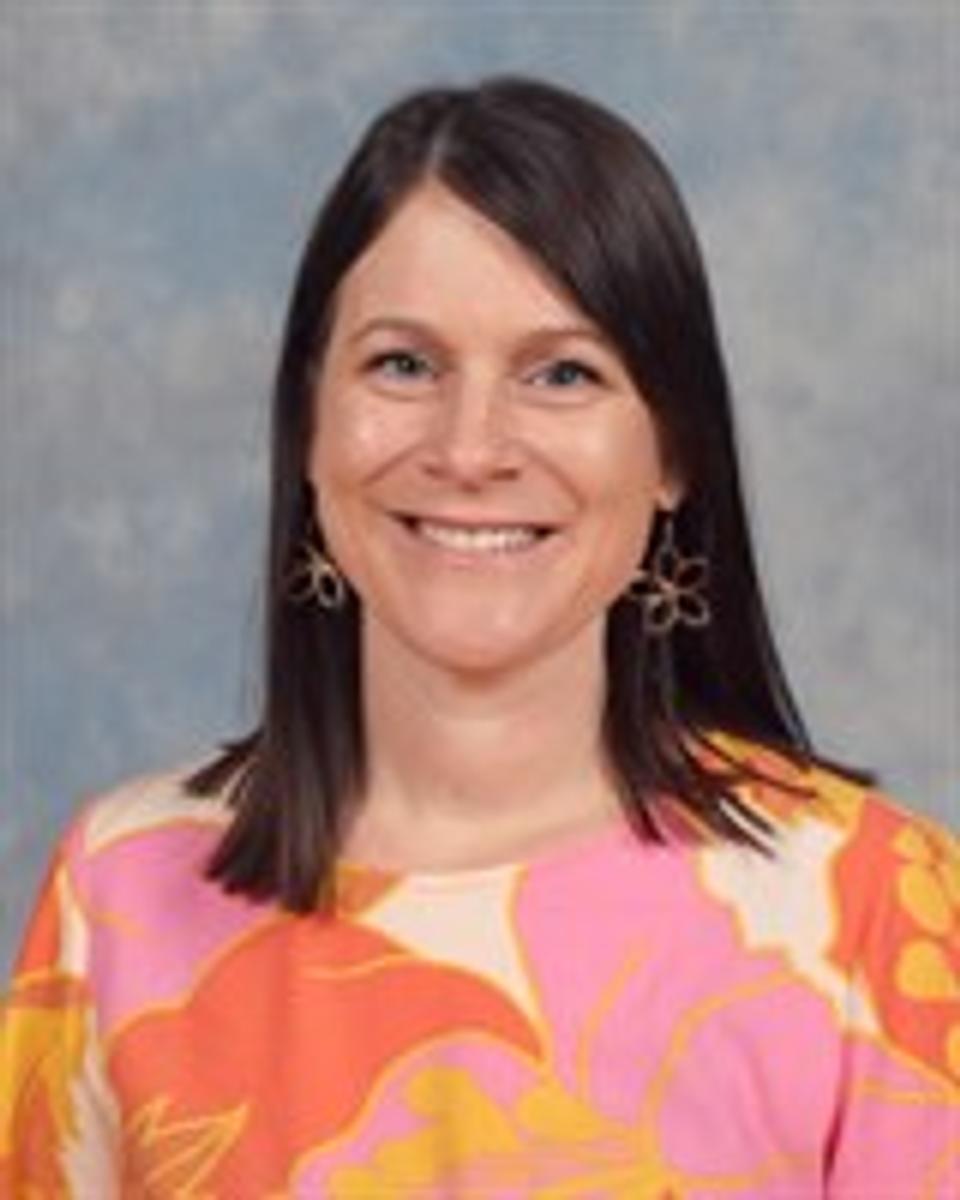Teaching and Learning

NAPLAN
All students who participated in the National Assessment Program Literacy and Numeracy (NAPLAN) tests in March 2023 have now received an individual report with their results, and an information sheet detailing the changes to reporting this year.
We are immensely proud of all of our students' results in NAPLAN. It is important to understand that your child's results are only a snapshot in time on the day and that they are not reflective of their attributes as an overall learner. NAPLAN is only one aspect of a school’s assessment and reporting process and does not replace the extensive, ongoing formative and summative assessments made by teachers about a student’s performance.
These individual student reports provide information about what students know and have achieved in the reading, writing, conventions of language and numeracy tests. However, the results will now be presented in 4 proficiency levels:
These are:
· Exceeding: The student’s result exceeds expectations at the time of testing.
· Strong: The student’s result meets challenging but reasonable expectations at time of testing.
· Developing: The student’s results indicate that they are working towards expectations at the time of testing.
· Needs additional support: The student’s result indicates that they are not achieving the learning outcomes expected at the time of testing. They are likely to need additional support to progress satisfactorily.
It is very important to keep this report in a safe place for secondary school preparation as schools do not receive copies and cannot provide another copy.
As seen in the tables below, Rangeview has performed extremely well in all areas of NAPLAN in 2023. We have achieved stronger results than our network schools (schools in our local area) and mostly stronger results than our similar schools (schools with the same demographic) in all areas. Our Year 3 Reading and Spelling results are quite remarkable.
Year 3
Reading: 96% RPS, 87% similar, 85% network
Writing: 96% RPS, 91% similar, 90% network
Spelling 89% RPS, 79% similar, 79% network
Numeracy: 93% RPS, 86% similar, 85% network
Grammar: 85% RPS, 77% similar, 77% network
Year 5
Reading: 93% RPS, 91% similar, 86% network
Writing: 92% RPS, 90% similar, 85% network
Spelling: 87% RPS, 86% similar, 84% network
Numeracy: 85% RPS, 88% similar, 84% network
Grammar: 87% RPS, 84% similar, 79% network
These outstanding results are due to the collective work of the teaching teams at every level and our families involvement – the students are showing such growth due to all of your input and efforts. Thank you, and well done!
Student - Free Day - Monday 7th August 2023
Monday 7th August will be a student - free day at Rangeview Primary School. Students do not attend school on this day.
Each year, schools receive 4 student - free days (when student instruction does not occur) for professional development, curriculum development and student assessment and reporting. On this day, our staff will be taking part in a full day of professional learning aligned with our Annual Implementation Plan. Teachers will be undertaking learning around systemic phonics, phonological awareness and spelling, as well as participating in our annual Anaphylaxis, CPR and First Aid Training.
TheirCare will be available for students on this day. Bookings can be made by visiting their website www.theircare.com.au and click on 'Book Now' to register your child, or call 1300 072 410.
Rangeview Instructional Model
At Rangeview Primary School, we use a collaborative whole-school instructional model for teaching and learning, underpinned by the gradual release of responsibility framework.
“The gradual release of responsibility instructional framework purposefully shifts the cognitive load from teacher-as-model, to joint responsibility of teacher and learner, to independent practice and application by the learner” (Pearson & Gallagher, 1983).
Teachers at Rangeview Primary School plan their lessons following this model.
To begin with, students are provided with a Learning Intention (what they will learn) and then collaboratively as a class, co-construct Success Criteria (what they will need to know to be successful).
The teacher then begins a mini lesson that lasts approximately 10 minutes. In this mini lesson, focused instruction by the teacher ‘I Do’, leads to ‘We Do’ where students might be asked to turn and talk briefly about a concept. The next step ‘You Do’ allows students to have a quick try, perhaps writing it down or saying a phrase. As the mini lesson concludes, students move into the ‘You Do Independently’ stage, often moving back to tables with a structured task.
While the students are working independently, the teacher will confer with a selected student or small group, focusing on one component of the learning.
Often a teacher will briefly stop the class from independent work time to check understanding or remodel a strategy, before returning students to independent work.
As the lesson approaches its conclusion, the teacher will bring the students back together for a debrief. In this time students discuss how they have met the Success Criteria, share their learning and celebrate success.
From Better Learning Through Structured Teaching: A Framework for the Gradual Release of Responsibility (2nd ed). By D. Fisher & N. Frey, 2013, Alexandria, VA: ASCD.
April Warfield
Acting Assistant Principal

